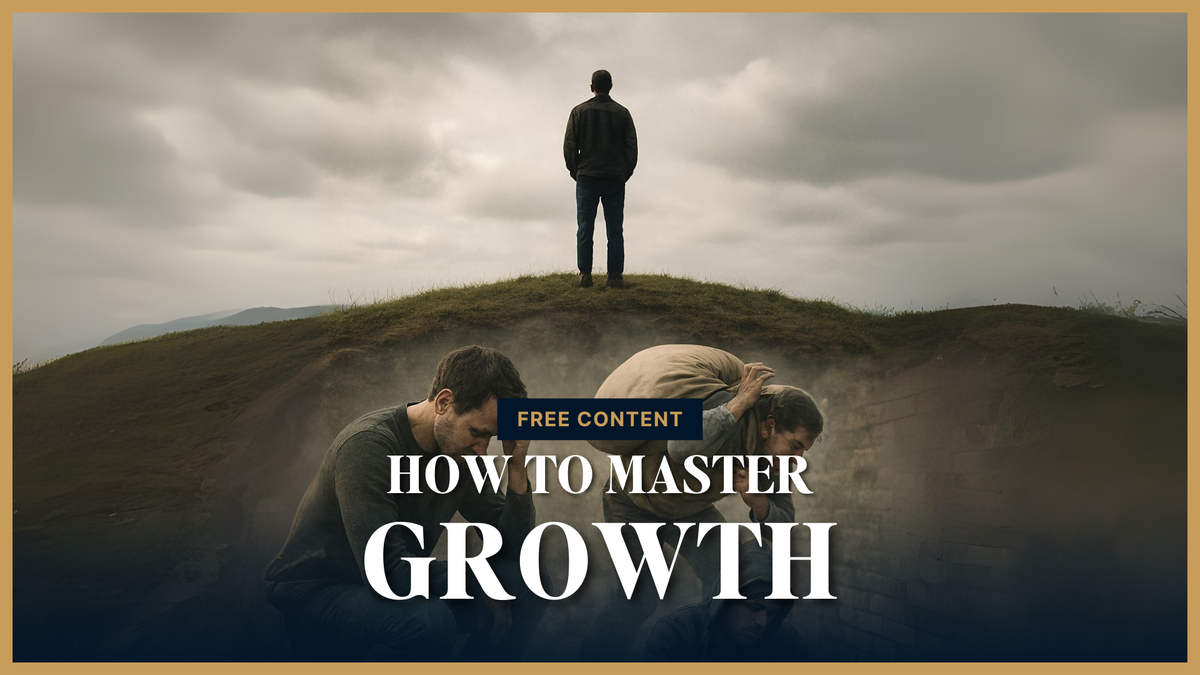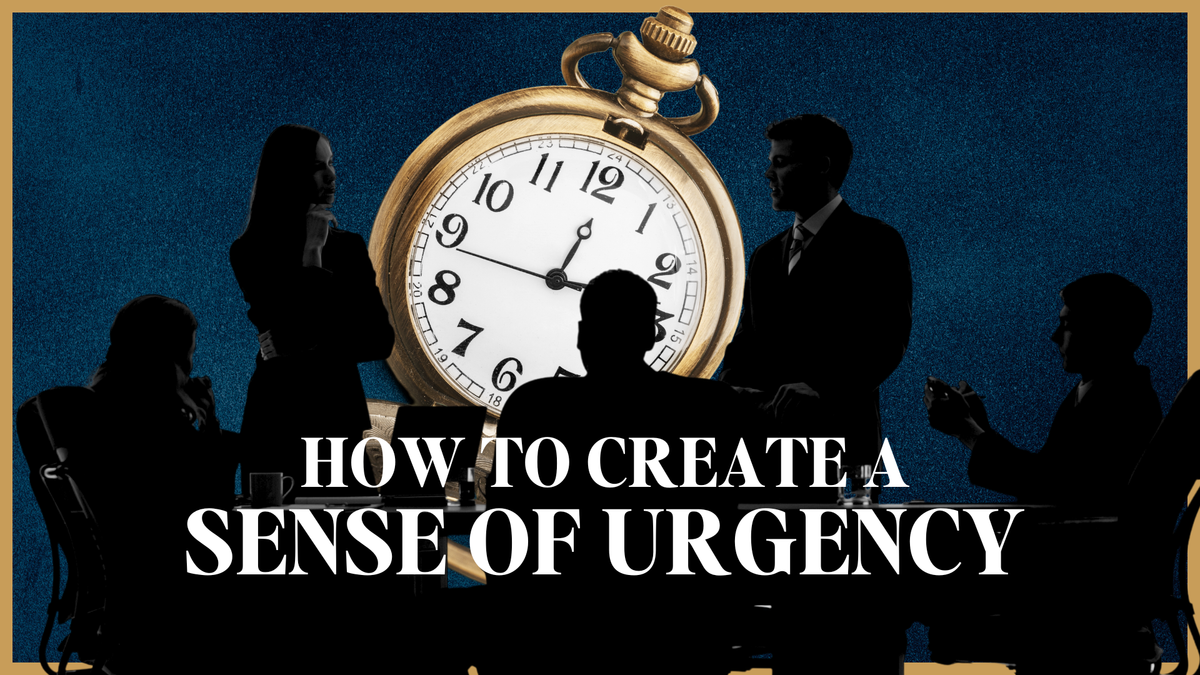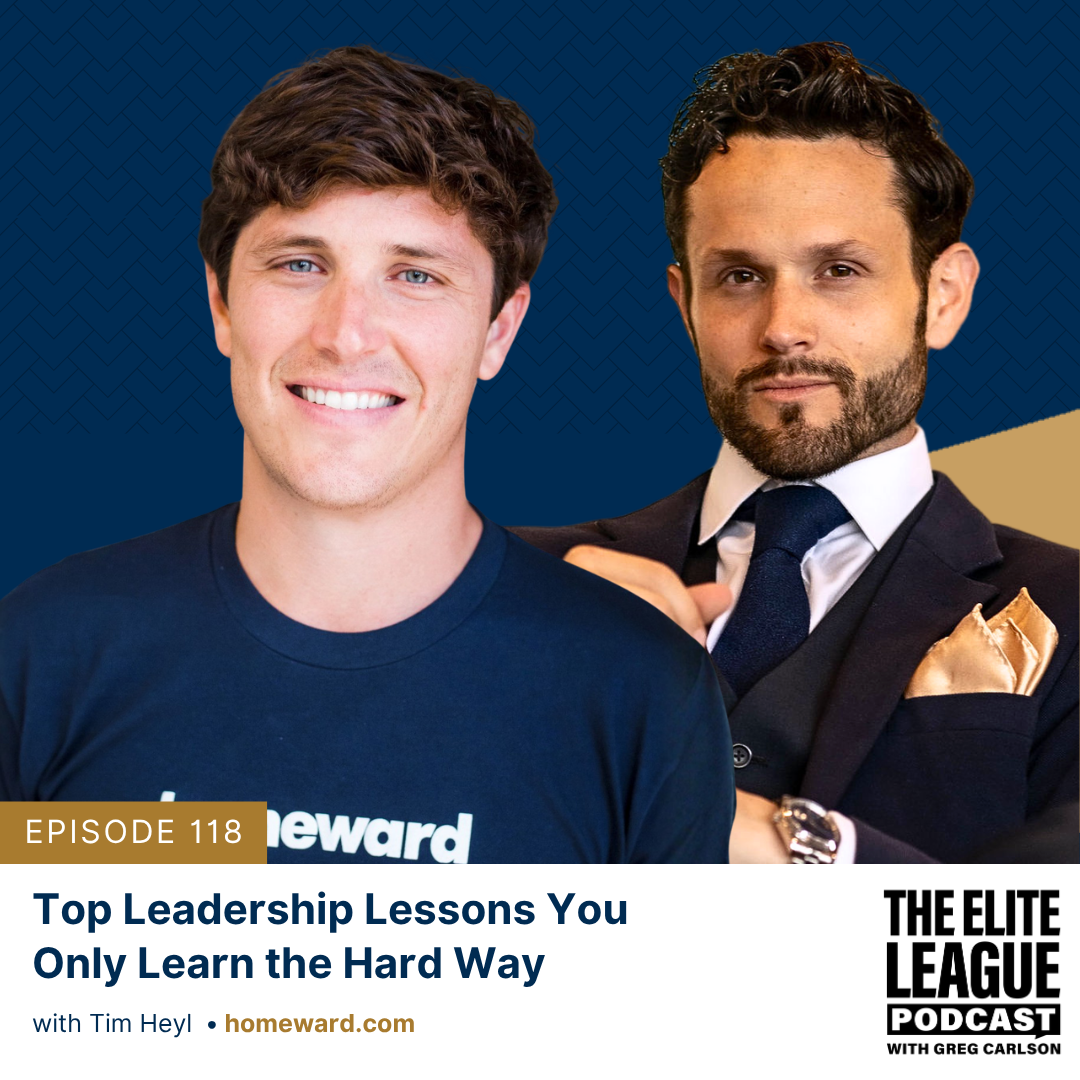Most leaders assume confidence comes from personality, charisma, or natural talent. But confidence in business, especially in sales, comes from something far more predictable:
Preparation.
The top performers in every industry don’t “wing it.”
They anticipate. They rehearse. They build systems around predictable patterns.
And when the moment comes, they execute with clarity and calmness.
Any entrepreneur, CEO, or team leader can implement this repeatable framework behind world-class sales performance.
This concept was discussed in The Elite League Podcast, where real estate entrepreneur Tim Heyl shared insights on building scalable systems, leadership clarity, and operational structure.
Watch the full conversation to learn the frameworks high-performing teams rely on to win.
The Myth of Natural Talent in Sales
Many entrepreneurs fall into the trap of believing:
- “I’m naturally good with people.”
- “I can handle objections on the spot.”
- “I don’t need scripts; I can talk to anyone.”
Those are comforting beliefs, but they sabotage growth.
Top performers across industries rely on pattern recognition and deliberate preparation.
They know that:
- Customers ask the same questions.
- Prospects raise the same objections.
- Deals fall apart for the same reasons.
- Confidence comes from knowing exactly how to respond.
The professional knows that life repeats itself.
The amateur keeps getting surprised.

Why Preparation Beats Charisma Every Time
Charisma might get you noticed, but preparation gets you chosen.
Winning in Competitive Environments
In competitive industries where prospects meet multiple vendors, agents, or suppliers, the prepared leader stands out immediately.
Consider this scenario:
Sixteen companies pitch the same client.
You’re number twelve in line.
Everyone before you promises the same things.
What separates the winner?
Not personality.
Not passion.
Not brand.
Preparedness.
The one who has rehearsed the objections, mastered the questions, and designed the conversation with intention will walk out with the signature.
High achievers prepare so well that the hard situations start feeling easy.

The Single Skill Elite Sellers Master: Predicting Objections
Objections are not unique.
They are not random.
They are not personal.
They follow predictable patterns:
- “Your price is too high.”
- “We want to think about it.”
- “We’re talking to other companies.”
- “We’re not ready today.”
- “We need to compare options.”
Instead of reacting emotionally, the elite performer asks:
“How can I prepare for this in advance?”

The 3-Step Objection Mastery System
1. List every objection you encounter.
Do this for 30 days. You’ll realize you hear the same 7–12 objections consistently.
2. Craft strategic responses to each one.
These responses should be calm, logical, and disarming.
3. Practice them until they are automatic.
Repeat them out loud, not in your head.
Top sales organizations role-play daily for this reason.
Objection confidence doesn’t come from experience.
It comes from rehearsal.
Repetition Creates Confidence
Repetition is not a beginner’s tool — it is the tool of mastery.
Think about any high-stakes profession:
- Pilots run checklists before every flight.
- Surgeons rehearse procedures step-by-step.
- Professional speakers practice their message dozens of times.
- Athletes drill the same movements thousands of times.
Business should be no different.

The Hidden Advantage of Repetition
Repetition builds internal certainty.
When your brain has rehearsed something enough times, the fear disappears — execution becomes instinct.
Leaders who practice consistently communicate with calmness and conviction.
Leaders who “wing it” communicate with uncertainty, even if they sound confident on the surface.
People follow the one who sounds certain.
Building a Culture of Preparation Inside Your Company
Preparation becomes a competitive advantage when the entire organization operates this way.
Below are steps your team can implement immediately.
Step 1: Build a Living Objection Library
Collect the real objections your team hears.
Create a shared document.
Update it weekly.
Every salesperson should contribute to it.

Step 2: Create Scripted, Strategic Responses
Not robotic scripts, but strategic language.
Your responses should:
- Remove tension
- Clarify assumptions
- Guide the conversation forward
- Help prospects make informed decisions
Simple, honest, and effective.
Step 3: Role-Play Weekly
Most teams avoid practice because it feels uncomfortable.
The elite teams embrace it because it makes revenue predictable.
Keep role-play short (10–15 minutes), focused, and tied to real scenarios.

Step 4: Review Wins & Losses Intentionally
Every closed deal and every lost deal provides data.
Ask:
- What objections came up?
- What responses worked?
- Where did the conversation stall?
- What pattern is emerging?
Your systems get sharper each cycle.
Step 5: Honor Preparation Publicly
Reward the most prepared people, not the loudest or most charismatic.
When your team sees that preparation wins, they rise to a higher standard.
Why This Matters for Entrepreneurs & CEOs
Most founders believe scaling requires better marketing, better products, or better people.
But often the real leverage is:
Better preparation.
Preparation creates:
- Predictable revenue
- Higher conversion rates
- More confident teams
- Faster onboarding
- Less emotional decision-making
- Clearer communication
- Stronger leadership presence
Prepared leaders win because they have already solved the problem before it arrives.

Practical Implementation Checklist (Use This Today)
- Identify your top 10 most common objections
- Write a strong response for each
- Role-play them out loud
- Document your calls and analyze patterns
- Prepare for competitive scenarios
- Build team repetition rituals
- Reinforce the culture weekly
If you master this, you will close more deals, build more confidence, and lead with far greater clarity.
👉 Want more strategies like this? Subscribe to Elite League Mastermind, where we break down lessons from The Elite League Podcast and show you how to apply them directly to your business.











Member discussion